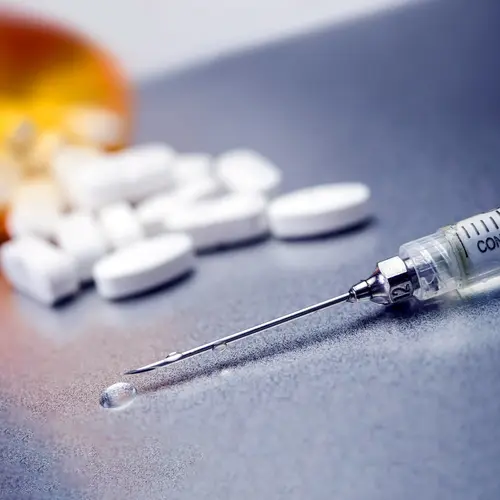Like the name says, antisperm antibodies fight sperm. It happens when the immune system mistakenly targets sperm in a man’s semen as an invader and damages or kills it.
Antisperm antibodies aren’t common. Both men and women can make them. They can make it harder for couples to have a baby. But it's rare for antibodies by themselves to make it impossible to get pregnant.
Causes
In men, an infection in their prostate or an injury to their testicles can set off an immune response when the sperm comes in contact with blood. This can also happen after a testicle surgery like a vasectomy.
Women’s bodies can make antisperm antibodies if they have an allergic reaction to semen. Antibodies in a woman’s vagina kill the sperm. That’s rare, and doctors don’t know exactly why it happens.
Should You Get Tested?
If you and your partner are having a hard time getting pregnant, your doctor may recommend fertility tests, including checking for antisperm antibodies.
For women, this can be done with a sperm immobilization test with a blood sample. Less commonly, your doctor may check your cervical mucus for antisperm antibodies.
With men, an immunobead test can be done on sperm. You’d need to masturbate to provide a sample of semen. Another choice is an antiglobulin reaction test done on blood.
Treatments
Not all experts agree that it makes sense to test for antisperm antibodies. Some say we don’t have enough evidence about the best way to help people who have the antibodies and who want to have babies.
For men, your doctor may give you medication to lower your body’s immune response. That could lead to fewer antibodies and raise the chances that your female partner could get pregnant.
For women, one treatment that’s shown to help your chances of getting pregnant is intrauterine insemination. That’s when your doctor puts the sperm directly in your uterus. This allows the sperm to avoid contact with antisperm antibodies in your cervical mucus.

